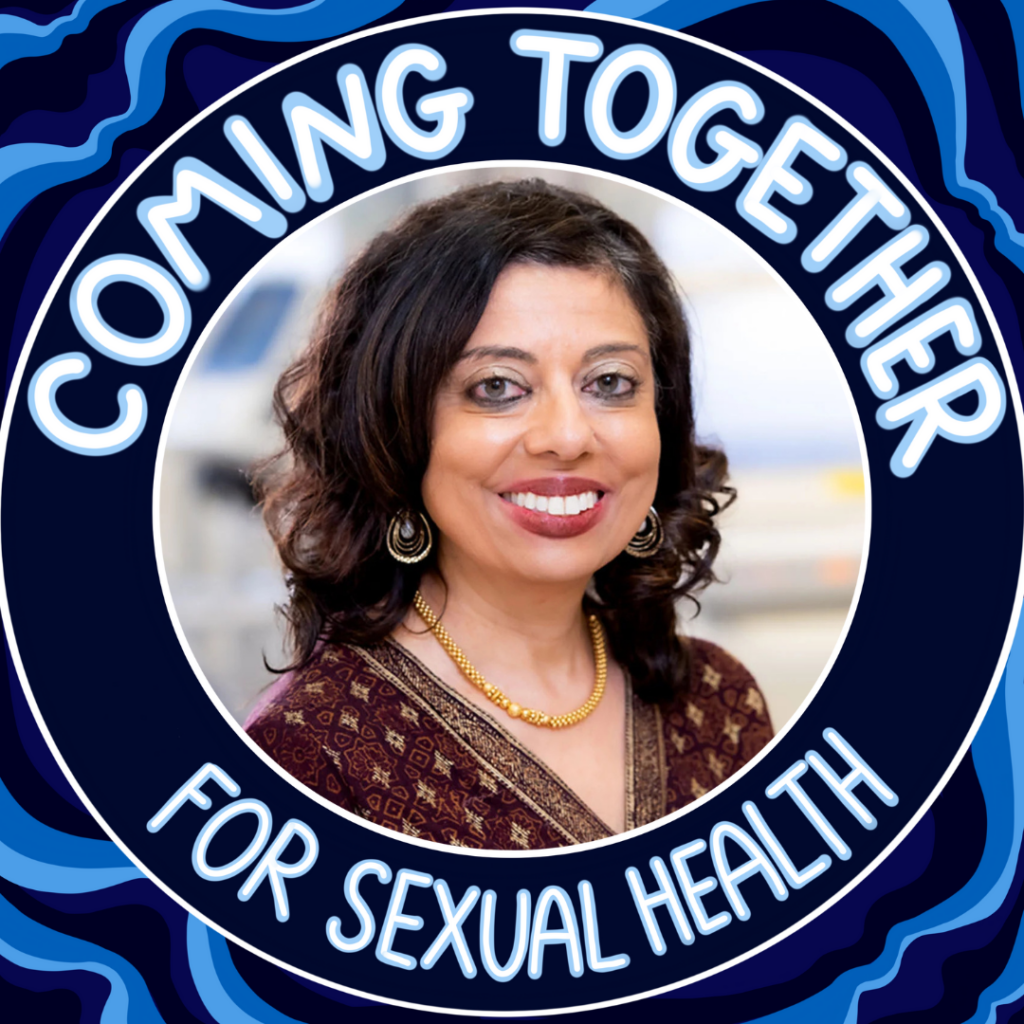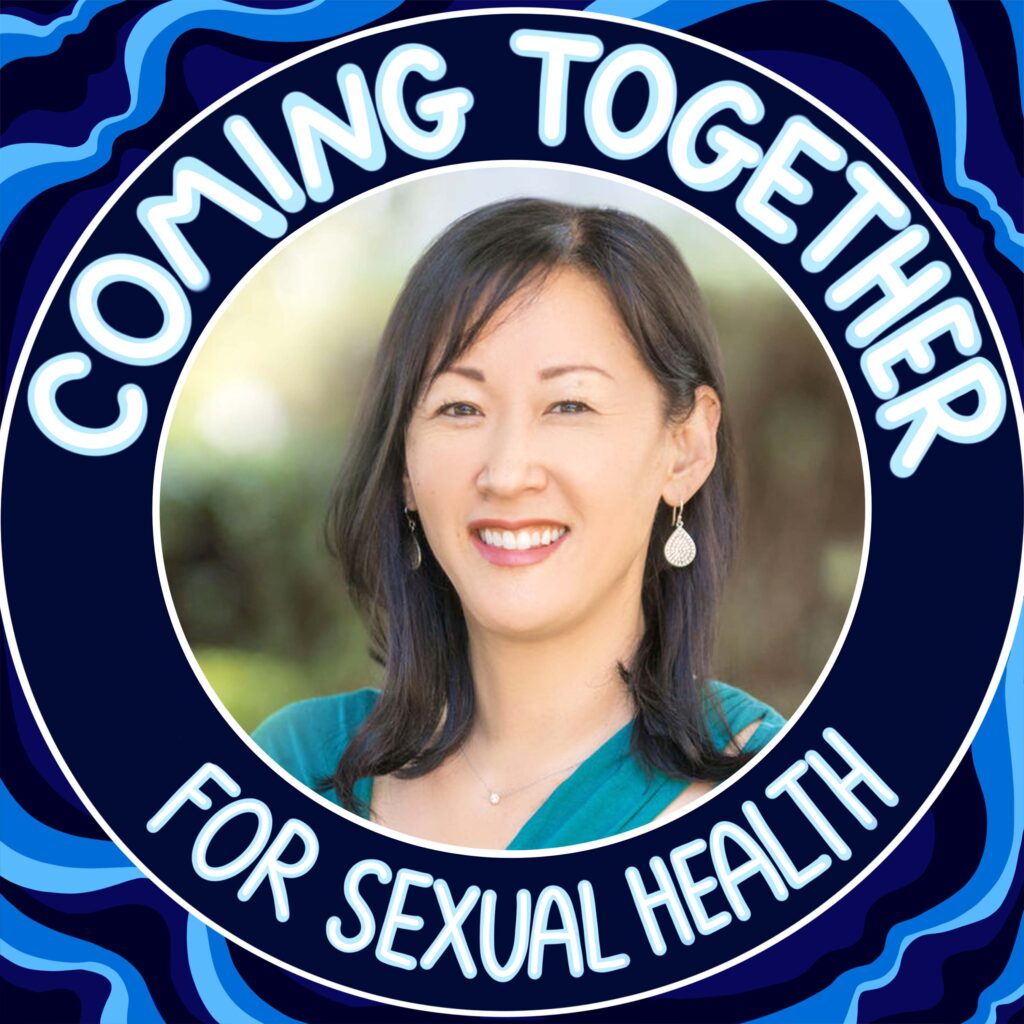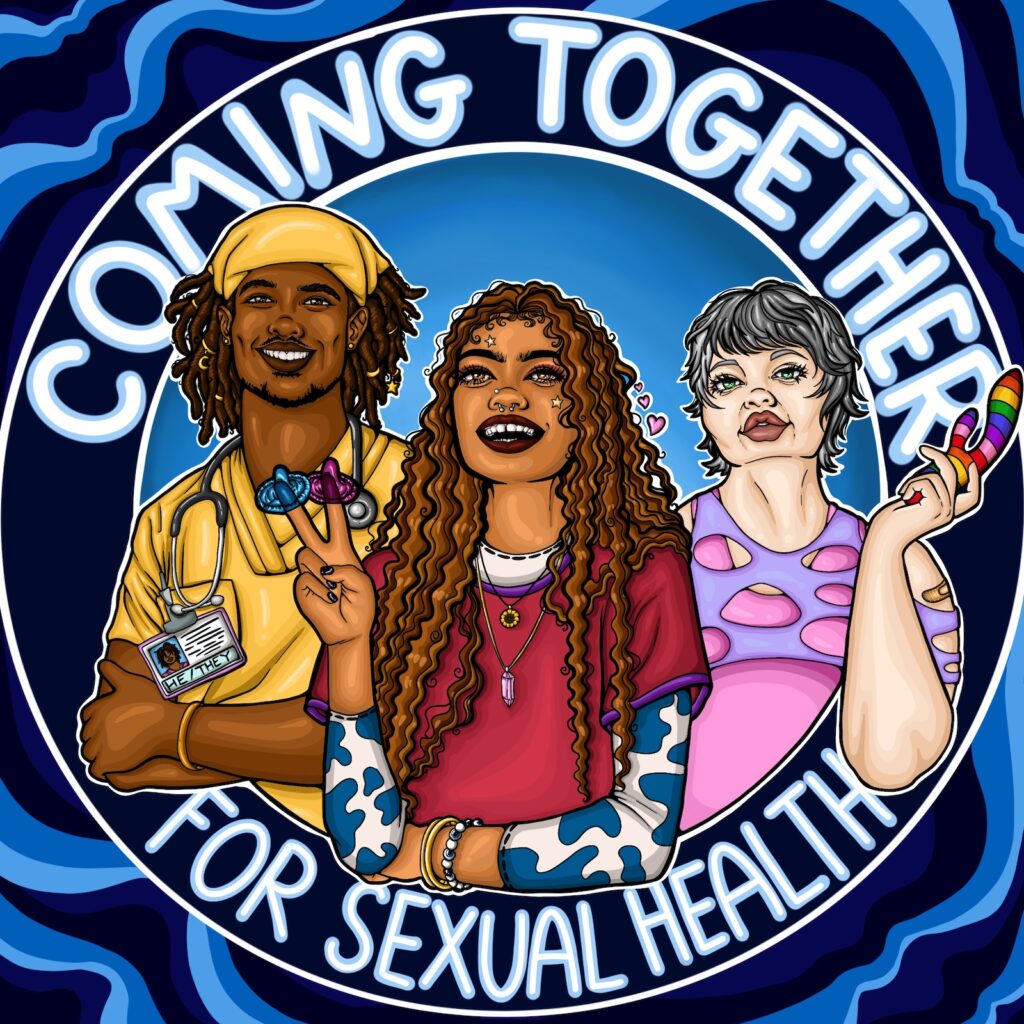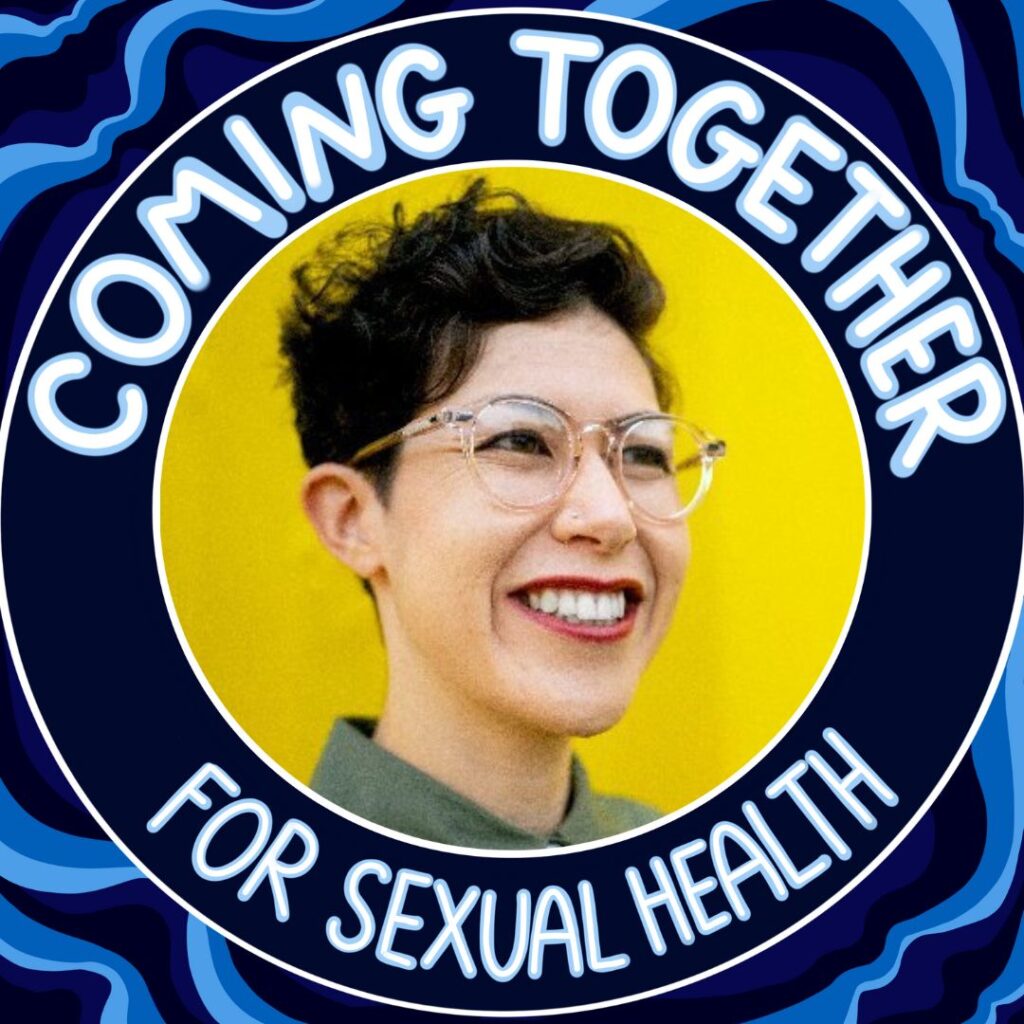Beyond Birth: Midwives’ Role in Sexual Health

In this episode of Coming Together for Sexual Health, host Tammy welcomes Dr. Bethany Golden, a nurse midwife, to discuss the many ways midwives support sexual and reproductive health beyond childbirth. Bethany shares how midwives provide holistic, patient-centered care, including contraception, abortion, STI treatment, gender-affirming care, and primary healthcare for people of all genders and ages. She talks about studies that show that most midwives provide reproductive health services and almost half provide primary care: “…so this is a large portion of what we do. And so the public perception…is that we are doing pregnancy-related care. Again, that is part of what we do, but we spend a lot of time focused on other moments in people’s lives.”
Bethany also talks about her work with the Reproductive Health Service Corps, which is training more midwives and clinicians in abortion care. Tune in for an insightful conversation on reimagining reproductive healthcare for a more inclusive and equitable future.
Read the transcript of the episode.
Guest Bio:
Bethany Golden, RN, CNM (she/her), is a registered nurse and a certified-nurse midwife with deep clinical experience and knowledge of comprehensive reproductive health including abortion. As a clinician, consultant, and lecturer, and as part of research teams, she has worked in clinics, hospitals, universities, and villages in New York City, SF Bay Area, Chicago, Fiji, and Nicaragua. Most recently, as a member of the Future of Abortion Council’s workforce committee and the policy advisor at Training in Early Abortion for Comprehensive Healthcare (TEACH), she initiated, co-developed, and advocated for the successful passage of bill AB1918. The law created the CA Reproductive Health Service Corps to train and diversify the entire health care team, which she currently co-directs at TEACH with Megan Kumar. Since 2002, she co-founded and continues to operate ICAS/Juntos Adelante, a not-for-profit that focuses on health and human rights in Nicaragua.
- Check out Bethany Golden’s website
- Bethany’s Publication: Emerging approaches to redressing multi-level racism and reproductive health disparities
- Related episodes of Coming Together for Sexual Health: Trauma-Informed Pregnancy Care with Becca Schwartz, LCSW & Abortion and Reproductive Justice Across State Lines
Have any questions, concerns, or love letters? Send us a message on Instagram @comingtogetherpod or email us at captc@ucsf.edu
Don’t forget to leave us a review on Spotify, or wherever you get your podcasts. s a review on Spotify, or wherever you get your podcasts.




